Should We Mention Our Business In Our Blogs?
How to Write About Your Competitors on Your Business Blog or Website
Writing about your competitors sounds counterintuitive, right? Why on earth would you give them attention in your content? Well, when you handle it the right way, competitor-focused content can be some of the most profitable you'll ever publish.


Let's start this discussion off with an honest fact: Every single company out there has competitors. Even if you operate in a very niche market, you're going to have competitors. And if you somehow find yourself in a brand new arena and manage to be the first to plant a flag, you can bet that it won't be long before others come trudging up the hill looking for a spot near yours to imbed their own. If your market is profitable, others will want to carve a piece out for themselves. It's that simple. Here at IMPACT, we talk with many clients who want to plant their flag in the digital marketplace. These companies are ready to join the online conversation, and they want their flag to get more attention than all the other flags around it. And we're more than happy to share our strategies on how to make this happen. In all cases, we have a series of topics that we ask these companies to address. These are topics that other companies are either unwilling or afraid to address themselves. We call these super-profitable business blog topics The Big 5. One such topic — and possibly the most important (after talking about costs) — is to simply address the existence of other flags on the hill. However, out of all the other topics we tell clients to write, talking about their competitors always seems to get the most resistance. "Why on earth would we want to draw attention to our competitors in our content on our website? That doesn't make any sense!" Well, we have some excellent reasons. And we're going to not only explain those reasons, but we're also going to tell you exactly how to write about your competitors on your business's blog in a way that will increase your visits, leads, and sales. Free Guide: What is Content Marketing? The Ultimate Guide to Getting Started Before we dive into why you should be willing to address your competitors on your website, let's first ask why not? What is your biggest concern with telling your website visitors that others out there do the same thing you do? Is it because you think they don't know your competitors exist? Are you afraid if you tell them there are more options, they'll choose those other options every time? At first glance, talking about your competitors seems counterintuitive. But one thing we've noticed is that businesses that aren't afraid to tackle this issue get positive results. Here's the thing: Consumers are more informed than ever. And what they appreciate more than anything in today's market is honesty. Being the only company they encounter willing to address the big stinky elephants in the room is going to gain you major points with them. So, why do we want you to write these articles? Here are a few of the biggest reasons: Writing an article about your competitors is going to show them that you're honest, you're transparent, and that you want what is best for them above all else. Of course, they're not so naïve to believe you don't want their business, but they'll be grateful that you're trying to educate them rather than give them the hard sell every time. Most consumers have never seen a company inform them of all their other options. And by doing so, they're probably going to be more willing to see what other topics you have written about that pertain to them, as they'll trust your guidance and expertise. As you'll shortly see, you're going to write articles that target keywords that would normally take searchers to either your competitors' websites or third-party review sites. There's a good chance these searchers are in the decision stage of their journey and want to know more about one of your competitors before making a final decision. They may not even realize you're in the same field. Having them come to your site, rather than any other, at least allows you the chance to introduce your company and services to these people. Even if searchers are aware of your company, and that you offer the same service as the other company, if you're willing to address that other people can help these searchers with their problem, it allows you to control the conversation. You're going to need to remain fair and unbiased (otherwise, they'll know you're just trying to persuade them away from the competition), but you can still choose what to say about them, and what not to say. We're going to talk more in-depth about this when I explain how to write the article, but just like with the traffic you never would have gotten, this inbound marketing tactic allows you to get opportunities to create new leads and sales that never would have come your way. When companies are new to this type of content, they often come to us with the same concern: What if my competitors threaten to sue me over what I write? Just as with all your content, you should aim to be honest and transparent. When writing about your competition, remove bias and opinion. Just share the facts. Facts are not libel. This is exactly how one of our clients responded to the threat of a lawsuit. Yale Appliance is a Massachusetts-based retailer selling direct to consumers, and they've been threatened with lawsuits in the past. Here's their story. Yale Appliance sells thousands of kitchen appliances every year, and they also perform service calls. They started tracking those service calls and seeing which brands needed to be fixed most often. Then, Yale published its data, showing which brands were the least reliable. Major manufacturers threatened lawsuits.(Although brands like Whirlpool and Bosch are not competitors of Yale, this anecdote has relevance.) Yale stood by its numbers. They were not slandering these brands, just offering facts from the front lines. When Yale pointed this out, the lawsuits were withdrawn. Each year, Yale updates this list, based on its most recent data. Their CEO, Steve Sheinkopf, is the author. Writing about your competition should be objective and fact-based. If it will make you feel better, check with a legal expert before you publish anything you're concerned about. See if what you've written could be considered libelous. If you're being factual, you should have nothing to worry about. Now that that's out of the way, let's dive into how you actually write these articles. Now that we've discussed why you should write about your competitors, it's time to talk about how, and the best practices for doing it right. We'll also be looking at some examples of companies that have done it well. But first, there are two important types of competitor articles you'll want to write: In the best-of-competitor list, you're targeting searches people make where they want to see all of their best options of vendors that sell the product/service they're exploring. These articles simply list out all of the top vendors that you compete with the most. The competitor comparison article is for people who have seriously weighed their options and are struggling with choosing between a small handful of options. Here, they really want to narrow down the specific value that each competitor brings. 🎓 Free IMPACT+ course: Assignment selling content as your greatest sales tool The competitor comparison article isn't one that gets lots of search queries, but is a very valuable asset your sales teams can use when working with leads who ask the question: "What's the difference between working with your company and working with ... " It's a great piece of content to use in assignment selling best practices. Like with any article we write, it's all about structure. We need to write effective titles, introductory paragraphs, subheaders, the body of the content, concluding paragraphs, and CTAs that allow these users to engage with us further. Although there are two types of competitor articles you can write, for the sake of simplicity, we'll focus on the best-of competitor lists from here on out. If you want to target searches people make where they're looking for a list of potential vendors, you need to write a best-of article that lists all the vendors out. But here's the tough part: You can't put your company on the list. Sounds crazy, right? But if you genuinely want to gain the trust of readers, putting yourself on the list becomes too self-promotional. It can have the opposite effect of what you're after and cause readers to roll their eyes and take everything you say with a grain of salt. The thing that most people have a hard time wrapping their heads around is that you don't need to be included on the list for two reasons: So here are some ways you can write a title that will garner SEO traffic for people searching "Best [insert service/locations served here]." You're going to pick anywhere from 3-15 of your biggest competitors, and you're going to write a title that may look something like: If you noticed, three of the articles targeted the locations they serve because they're regionally based. The other two articles don't use regional specificity, because anybody, anywhere, can use HubSpot partner agency services. Your company is not going to be on your best list. However, that doesn't mean that you can't inform the readerwhy you're not putting yourself on the list. One of the best ways to do this is to write an intro that establishes industry thought leadership and your company's pursuit of making consumers well-informed buyers. Let's take a look at how this is done in an example from Aquila Commercial's 8 Best Commercial Real Estate Companies in Austin, Texas. This introduction establishes thought leadership, expertise, and shows that it's written in the best interest of the consumer. It addresses the reader and the reader's problem directly. It mentions that their company does, in fact, "offer a full suite of commercial real estate services," but wants to ensure that the consumer is getting the best care for their individual needs. It shows transparency and thought leadership by informing the consumer that they have other options and that Aquila is willing to help them explore those options. It shows expertise when it states that potential clients ask them every day about other options. If they weren't experts, why would they receive that question so often? They also take the time to mention important certifications they hold and regulatory compliances they follow. In short, anybody researching commercial real estate companies in Austin gets their answer from Aquila, which goes a long way toward building trust with their brand. Now, we get to the question of the hour: What exactly do we say about our competitors in our best-of list? Is this the time where we slam them and talk about how their products/services are inferior to our own? Or do we sing praises that make them sound like the perfect fit for any consumer? The answer is ... neither. We're not going to trash-talk their business, and we're also not going to glorify it. We're simply going to share some very basic information about them: If you want to give their business compliments, you're more than welcome to, but sharing anything derogatory about them can backfire on you, as the trust you're trying to establish with readers could begin to slip. Also, the information you share about each can be as in-depth or shallow as you like. Let's take a look at a few examples. This first article comes to us from Intek Freight & Logistics, a managed transportation services provider. They wrote an article on the Top 10 Managed Transportation Service Companies. Look at how they talked about their competitors: Intek didn't write up any full paragraphs or even sentences about their competitors. They simply added their name, logo, location, website, and when they were founded. They didn't speak highly of the entrants on the list, nor did they speak negatively. They simply admitted they existed. That doesn't mean all of your competitor lists should be this watered down. People do want to have some information, and giving it to them can keep them from researching further in other places. Take this next example from West Roofing System's article, Best Commercial Roofing Contractors in Cleveland, Ohio: Here you can see that West Roofing gives a bit more information. But ... not that much more. Like Intek, they list the location of the companies and the year they were founded. Then they give more context to the reader by mentioning the competitor's list of services and a quick paragraph about the company. Still, nothing about this entry invokes any kind of response in a reader to immediately reach out to these other companies. They're merely made aware of their presence and the various services they offer. If you're really struggling with what to say about your competitors, feel free to go to their website, click on their "About Us" page, and paraphrase what they have said about themselves. Another consideration you may want to make is whether or not to include a link to their website on your page. In the first article by Intek, the competitors are named, and their websites are linked. In the West Roofing article, however, there aren't links to the companies on the list. On the pro side, it's great for SEO. Google likes to see you linking to other pages beyond your own site. It's especially odd to them when you name-drop a company without linking to their domain. A negative aspect is that, by linking to your competitor, you make it easy for readers to leave your site for another. However, I'd argue that, if we're being honest with ourselves, how hard would it be for someone to check out your competitors' websites without a link? Yeah, they can easily open a new tab and search. For me, the positive SEO benefits and the chance to have the top answer on Google far outweigh the possibility of someone reading my article and leaving to court my competitor. But I'll leave it up to you to make that choice for yourself. The conclusion of an article is where you get a chance to reintroduce your company's services to the reader and allow them the opportunity to engage with you further. Your outro should reinforce that your company's primary objective is consumer education. Recap for them considerations they should keep in mind as they find a company that is a good fit for them. At the same time, you can now tell them about the services you provide, and customers that have found you a good fit for their needs. And finally, you're going to want to keep them engaged by adding a CTA for an offer that is relevant to the conversation. Check out this example from Fire & Ice Heating & Air Conditioning in their article, Best HVAC Contractors in Columbus Ohio. After listing all of the options homeowners have for HVAC companies in Columbus, they do a few things: First, they have a CTA for a helpful offer to download a contractor checklist of questions you should ask any contractor. This is not only a valuable offer to the prospect, it's also a lead magnet that helps Fire & Ice capture more leads they can nurture. And, while the prospect is using the checklist to vet the other competitors, they're constantly reminded of Fire & Ice because their name and logo are on the checklist. In the final section, Fire & Ice throws their hat in the ring of why they feel they're the best HVAC company in Cleveland. They showcase their business values and ethics. And when they say they have a commitment to customer service and personal integrity, you can tell they mean it because they answered a common question nobody wants to answer. And finally, they get the first chance at making a connection with the reader. Rather than click on links to the competitors to learn about them, you can schedule an estimate right from this page in the final CTA. 🎓 Pro IMPACT+ course: The subject matter expert's guide to creating content And if you're not ready for that next step, you can continue to learn from Fire & Ice by reading a selection of other helpful articles. To reiterate, even though the focus of the article is about the competitors, the real takeaway is that these visitors may begin to establish trust with the company writing the article. If there's any topic that consumers know most companies don't want to talk about it, it's the fact that there are other companies out there. That's why this type of article fares so well with consumers and search engines alike. Writing articles that can gain trust from readers is great and all, but that trust can only develop if they're able to find your article. So, aside from the impact these types of articles have on visitors, what kind of impact does it have in terms of SEO? Well, it turns out that these articles often perform very well. Intek Logistics' competitor articles are their top drivers of sales qualified leads. They've written several competitor articles for each service they provide and the results look a lot like what you see below: As you can see, Intek has the coveted featured snippet for both of these queries. Aquila also has the featured snippet for their article on the Best Commercial Real Estate Companies in Austin. See Aquila's full success story. And finally, even here at IMPACT, we strive to take the top spot for anybody wanting to know who the best HubSpot partner agencies are. It's not easy convincing people in your organization to write these topics, and it's not easy to write them well. Therefore, before you commit to writing a competitor article, I suggest you check out the following resources: First, I'd suggest heading over to IMPACT + ... By now, I hope you see the value in writing articles discussing your competitors. And I'm telling you, for the majority of our clients here at IMPACT who have written best of competitors lists, they find their way to the first page of Google. Many even end up with the featured snippet for clutch queries. So, what are you waiting for? Get writing ... before your competitors do.Why you should write about your competitors
1. Your buyers will think you're honest
2. Your buyers will see you as the industry thought leader
3. You'll get traffic you may have never otherwise gotten
4. You get to control the conversation
5. You'll convert new leads
Should you be worried about legal repercussions?
Yale Appliance: The Most Reliable Appliance Brands

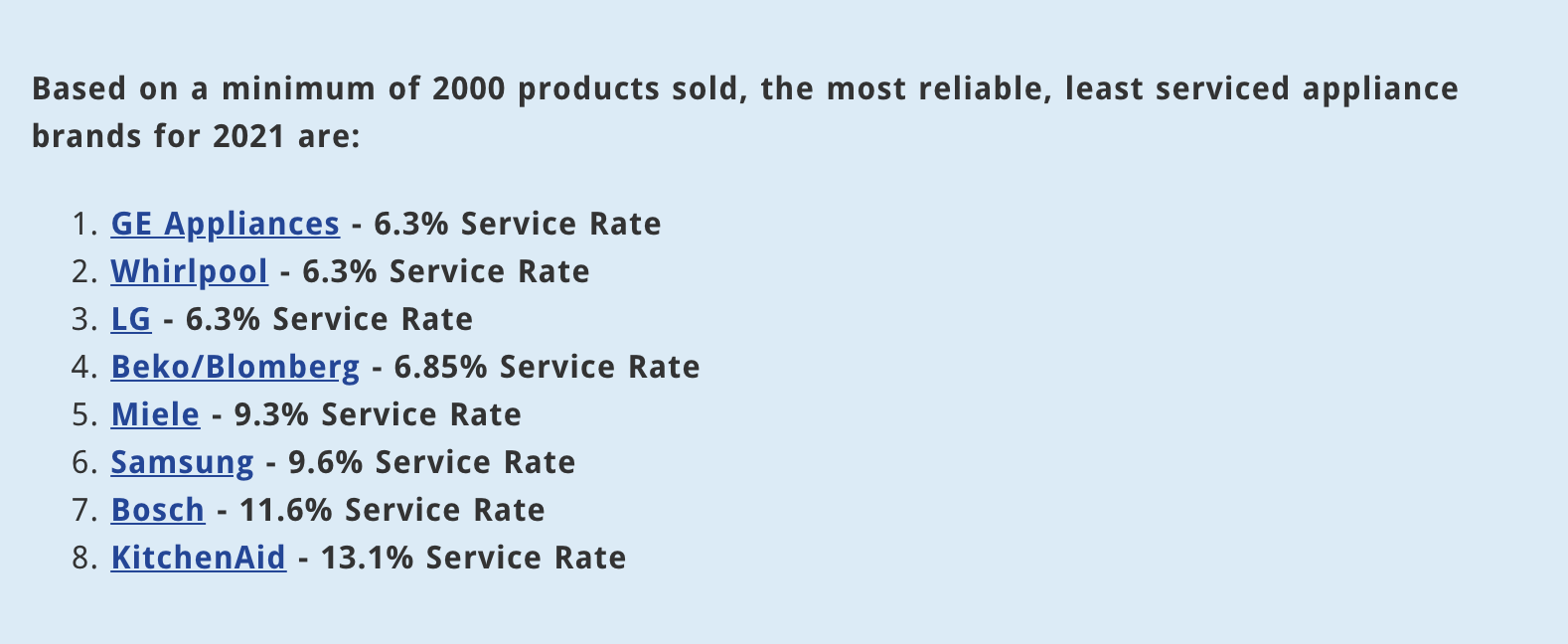
How to write about your competitors on your business blog
Structuring your competitor articles
How to write a title for a competitor article





How to write an introductory paragraph for a competitor article

What info should you share about your competitors?
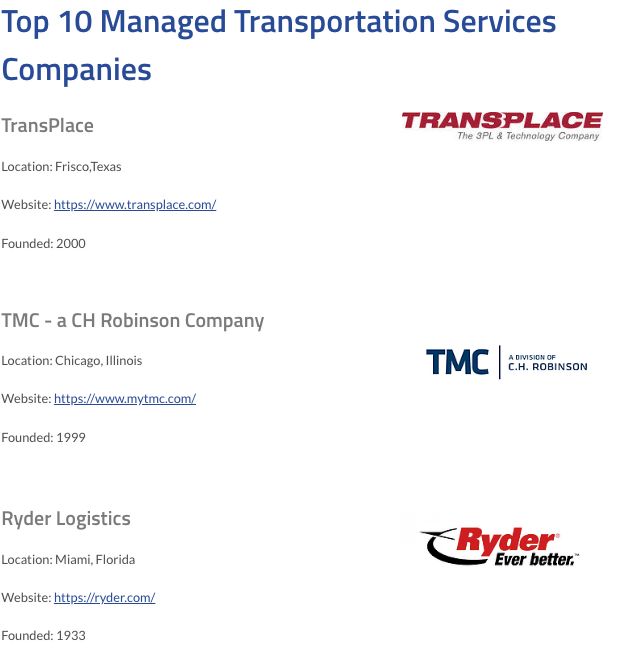
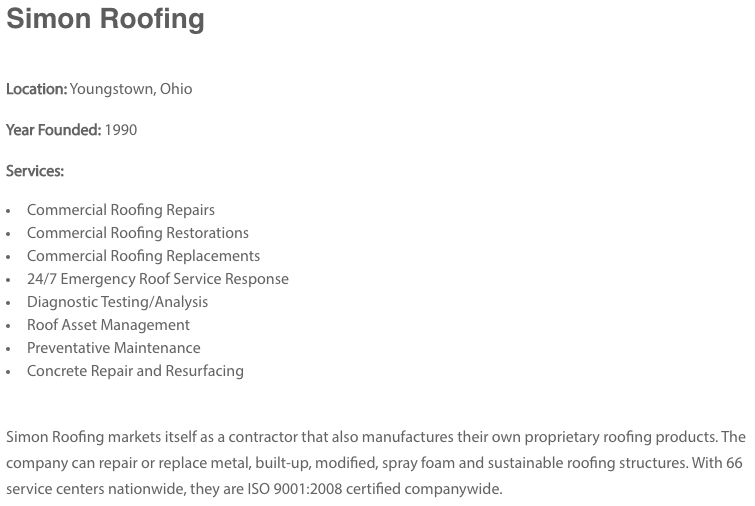
Pros and cons of linking to competitors
How to conclude a competitors article
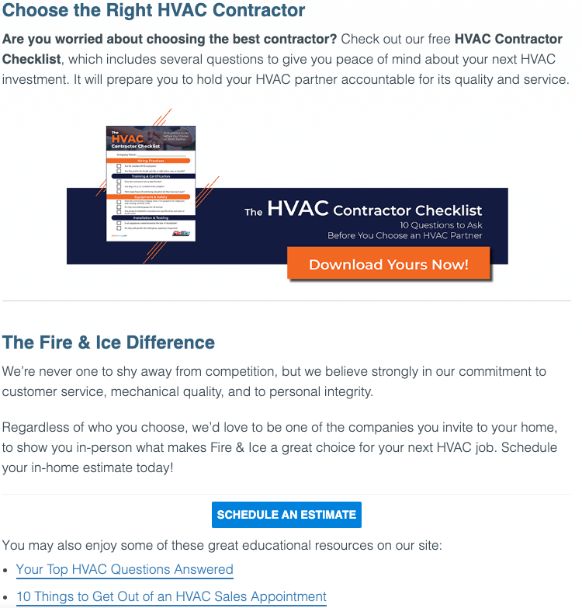
Results for discussing your competitors online
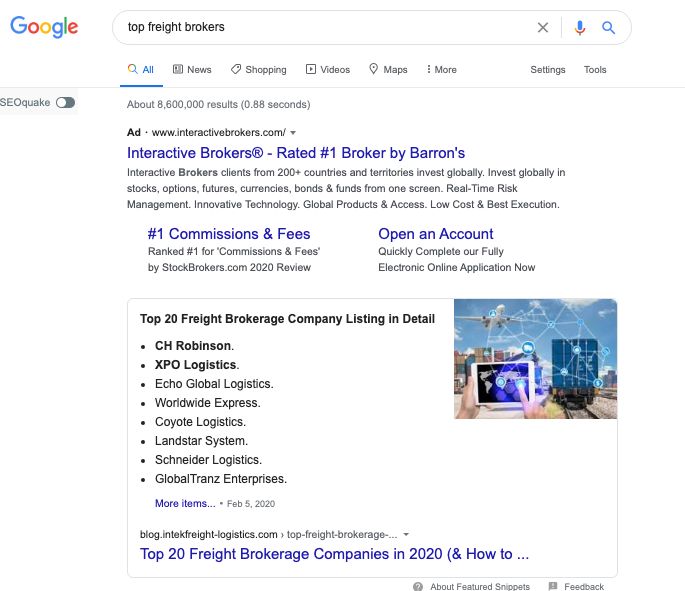
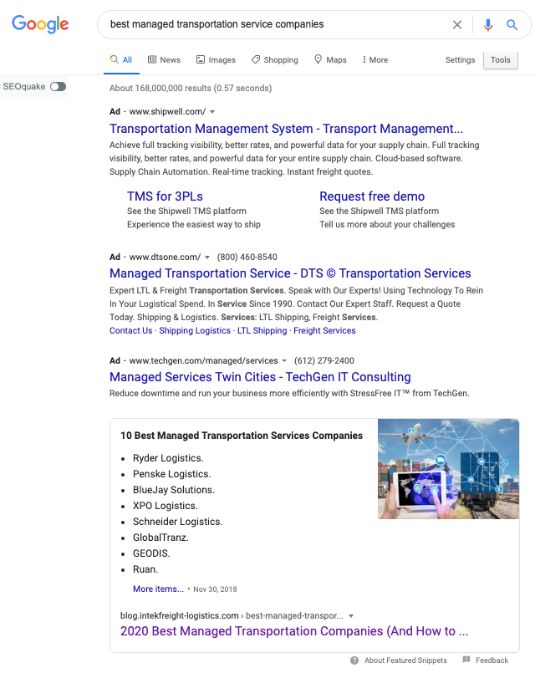
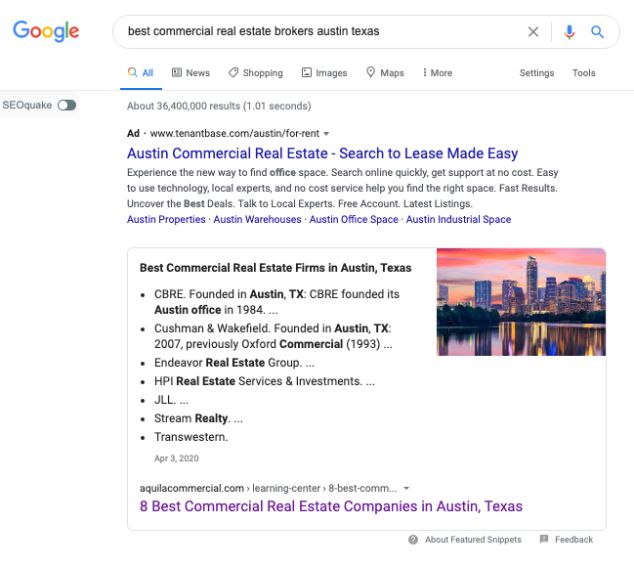
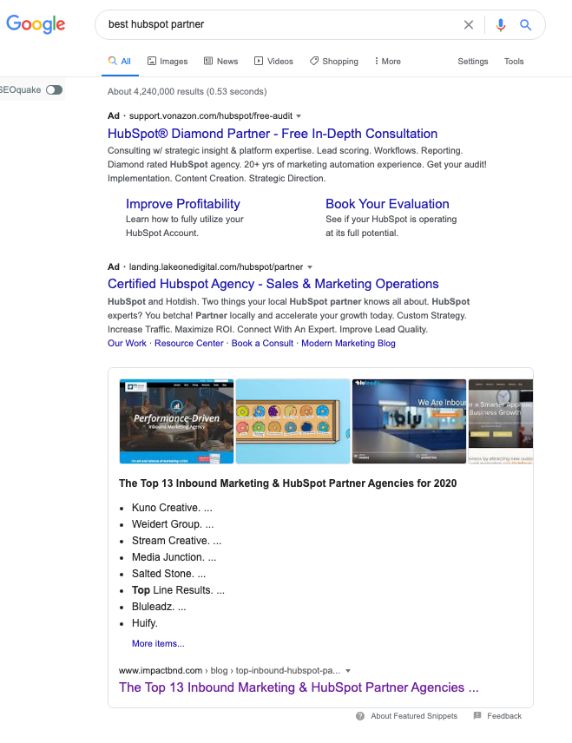
So, what's next?
Should We Mention Our Business In Our Blogs?
Source: https://www.impactplus.com/blog/write-about-competitors-blog-website
Posted by: beadlewhoseeps.blogspot.com

0 Response to "Should We Mention Our Business In Our Blogs?"
Post a Comment